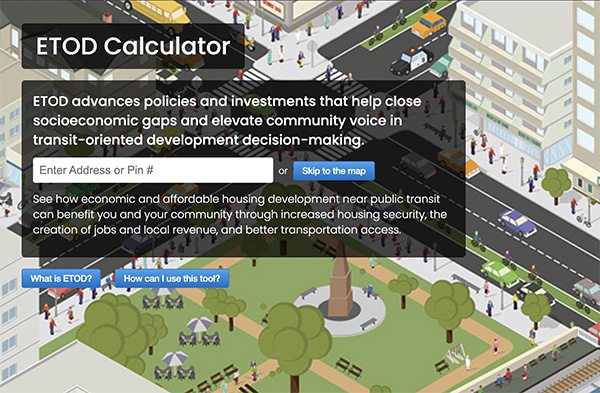Arlington wants more apartments. Just not the parking spaces that typically come with them. This bustling Boston suburb recently amended its building rules to encourage the construction of 321 new apartments townwide by 2020. But it also allowed apartment developers to build fewer parking spaces under special permits for certain parts of town, including the commercial center along Massachusetts Avenue and Broadway. The move came at the recommendation of the Metropolitan Area Planning Council, which recently completed a study that found, on average, one-quarter of parking spaces at apartment buildings in five Boston suburbs, including Arlington, were empty overnight.
“We found that parking supply is more strongly associated with demand; if you build it, they will come,” Hart said. “It’s a self-selecting population. If I’m someone who needs my car every day, I’m going to choose to live somewhere where I can park my car. Parking requirements, as they shape future development, is really in the hands of communities.”
That theory was tested in Chicago with a 99-unit apartment building in the Wicker Park neighborhood that doesn’t have a single parking space for residents. The building is across a Chicago Transit Authority rail stop and a dedicated bike path, and features a bike storage room, and an electronic tracker in the lobby showing when the next train is coming. Residents are mostly Millennials who are more accustomed to a car-free lifestyle, said Jacky Grimshaw, vice president for government affairs for Chicago-based Center for Neighborhood Technology, a nonprofit whose study about excess parking in Chicago apartment buildings inspired the MAPC study.





 Strengthening Transit Through Community Partnerships
Strengthening Transit Through Community Partnerships

